Are you new to the world of Artificial Intelligence (AI) and feeling overwhelmed by all the technical jargon and complex concepts? Don’t worry, this article has got you covered! In “AI Essentials for Newbies,” we will provide you with a concise and accessible overview of everything you need to know about AI. Whether you’re curious about the basics, interested in exploring its potential applications, or simply want to better understand this transformative technology, this article is your friendly guide to all things AI. So, let’s embark on this exciting journey together and unlock the mysteries of AI!
What is AI?
Definition of AI
Artificial Intelligence (AI) refers to the development of intelligent machines that can perform tasks that would typically require human intelligence. These tasks include learning, reasoning, problem-solving, perception, and decision-making. AI aims to simulate human intelligence by building computer programs that can think, learn, and respond like a human.
Examples of AI applications
AI has become a part of our daily lives, with applications spanning various fields. Some examples of AI applications include:
-
Virtual Assistants: Popular virtual assistants like Siri, Google Assistant, and Alexa use AI to understand and respond to voice commands, perform tasks, and provide information to users.
-
Smart Home Devices: AI-powered smart home devices like smart thermostats, home security systems, and lighting systems use machine learning algorithms to adapt to users’ preferences and optimize energy consumption.
-
Personalized Recommendations: Online platforms like Netflix, Amazon, and Spotify use AI algorithms to analyze user preferences and behavior to provide personalized recommendations for movies, products, and music.
-
Fraud Detection: AI is extensively used in financial institutions to detect and prevent fraud. Machine learning algorithms can identify fraudulent activities by analyzing patterns, anomalies, and suspicious behavior.
-
Automated Customer Support: AI-powered chatbots and virtual assistants are used in customer service interactions to provide instant responses, guide users, and resolve simple queries, improving efficiency and customer satisfaction.
AI vs. Machine Learning vs. Deep Learning
AI, machine learning, and deep learning are often used interchangeably, but they are distinct concepts.
-
AI is the broad field that encompasses the development of intelligent machines capable of performing human-like tasks.
-
Machine learning is a subset of AI that focuses on developing algorithms that learn from data and improve their performance over time without being explicitly programmed.
-
Deep learning is a subset of machine learning that uses artificial neural networks inspired by the human brain to learn from large amounts of unstructured data. It enables computers to perform complex tasks such as image recognition and natural language processing.
Types of AI
Narrow AI
Narrow AI, also known as weak AI, refers to AI systems designed to perform specific tasks with a level of intelligence similar to or surpassing humans. These systems are specialized and limited to a particular domain. Examples of narrow AI include voice assistants, image recognition software, and recommendation engines.
General AI
General AI, also known as strong AI, refers to AI systems that possess human-like intelligence and can understand, learn, and execute any intellectual tasks that a human can. General AI is still largely theoretical and does not exist in practical applications yet.
Superintelligent AI
Superintelligent AI surpasses human intelligence in virtually every aspect and is purely hypothetical at present. It refers to a future AI system that has the capacity to outperform humans across all cognitive tasks, including scientific research, problem-solving, and creativity.
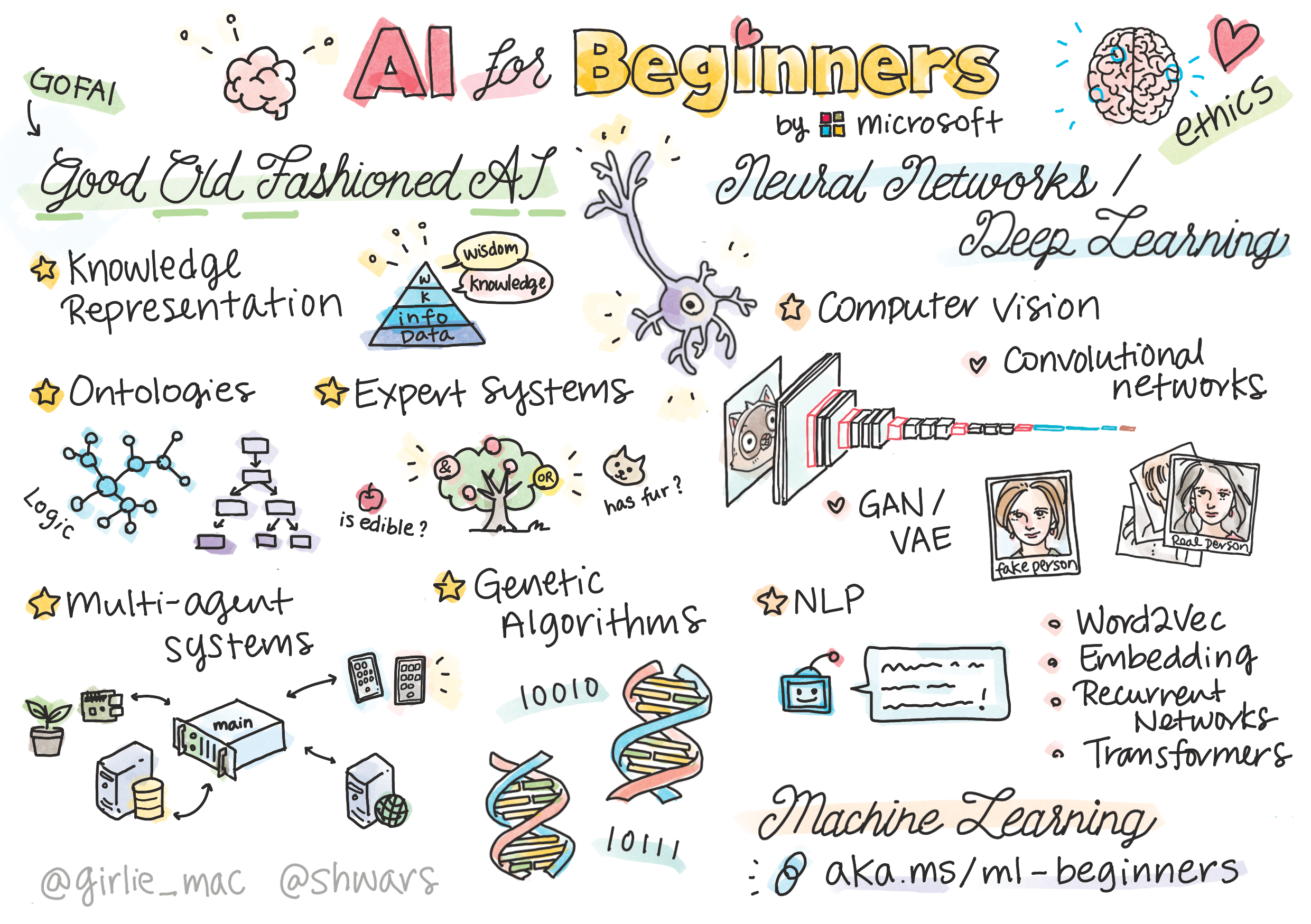
AI Techniques
Machine Learning
Machine learning is a prominent AI technique that involves training algorithms to learn from data and make predictions or decisions without explicit programming. It utilizes statistical techniques to enable computers to identify patterns, make predictions, and improve performance over time.
Deep Learning
Deep learning is a subset of machine learning that utilizes artificial neural networks to process and learn from large amounts of data. It is particularly effective in tasks such as image and speech recognition, natural language processing, and autonomous driving. Deep learning models are composed of multiple layers of interconnected nodes that mimic the structure and functionality of the human brain.
Natural Language Processing
Natural Language Processing (NLP) enables computers to understand and interact with human language. It involves techniques for extracting meaning, sentiment analysis, language translation, and speech recognition. NLP is crucial for applications such as virtual assistants, chatbots, and language translation services.
Computer Vision
Computer vision enables computers to understand and interpret visual information from images and videos. It has applications in facial recognition, object detection, image classification, and autonomous vehicles. Computer vision algorithms can analyze and interpret visual data, replicate human visual perception, and make decisions based on visual input.
Reinforcement Learning
Reinforcement learning is a type of machine learning that focuses on training algorithms to make optimal decisions by interacting with an environment and receiving feedback in the form of rewards or penalties. This technique is commonly used in robotics, game playing, and autonomous systems. Reinforcement learning algorithms learn through trial and error to maximize rewards and achieve desired outcomes.
AI in Everyday Life
Virtual Assistants
Virtual assistants have become a ubiquitous feature in our lives. These AI-powered systems leverage natural language processing and machine learning algorithms to understand and respond to voice commands. They can perform tasks like setting reminders, making phone calls, providing weather updates, and answering questions. Virtual assistants like Siri, Google Assistant, and Alexa have revolutionized the way we interact with technology and have become an integral part of many households.
Smart Home Devices
AI has transformed traditional homes into smart homes. Smart home devices equipped with AI technologies can automate and optimize various household tasks. For example, smart thermostats can learn and adjust the temperature settings based on occupants’ preferences and weather conditions, leading to energy savings. AI-powered security systems can detect anomalies and send real-time alerts. Lighting systems can automatically adjust the brightness and color based on the time of day or user preferences. These devices enhance convenience, comfort, and energy efficiency in our everyday lives.
Personalized Recommendations
AI algorithms are used extensively in online platforms to provide personalized recommendations to users. For example, streaming services like Netflix and Spotify analyze users’ viewing or listening history, preferences, and behavior to suggest movies, TV shows, or music tailored to their tastes. E-commerce platforms like Amazon use AI algorithms to offer product recommendations based on users’ browsing and purchasing history. This personalization provides a more tailored and relevant user experience, increasing customer satisfaction and engagement.
Fraud Detection
Financial institutions rely on AI techniques to identify and prevent fraudulent activities. Machine learning algorithms can analyze large volumes of transaction data to identify patterns and anomalies indicative of fraud. AI-powered systems can detect fraudulent activities such as identity theft, credit card fraud, and money laundering, enabling timely intervention and preventing financial losses. This application of AI enhances security and trust in the banking and finance sector.
Automated Customer Support
AI-powered chatbots and virtual assistants have revolutionized customer support services. These systems leverage natural language processing and machine learning algorithms to interact with customers, answer queries, and provide solutions to common problems. By automating customer support processes, businesses can provide instant responses, reduce waiting times, and improve overall customer experience. Chatbots are available 24/7, reducing the need for human intervention and enabling businesses to handle a large volume of customer inquiries efficiently.
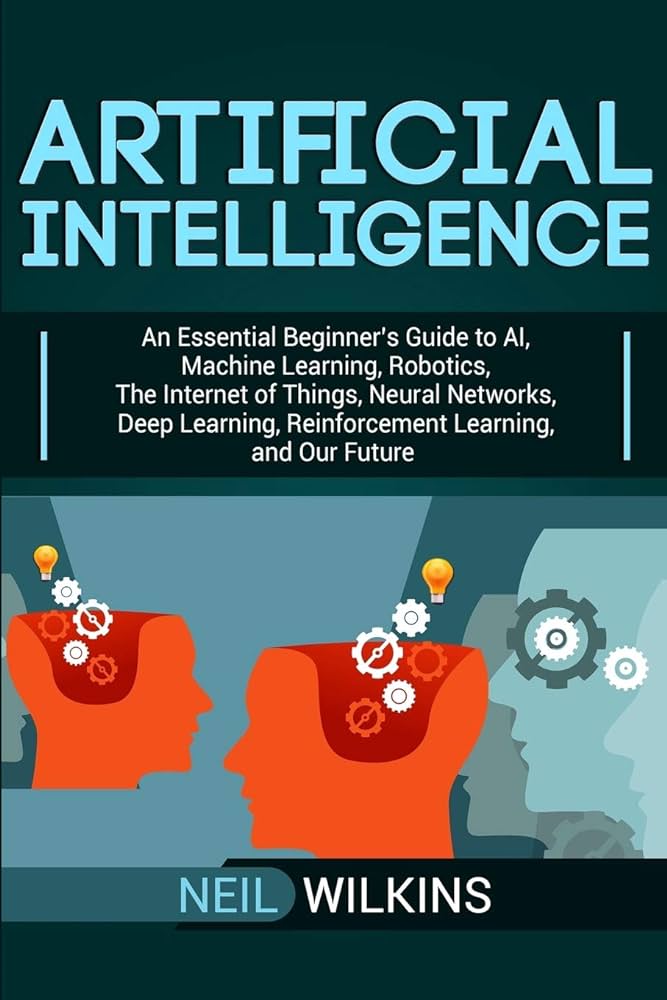
AI Ethics
Bias in AI
Bias in AI refers to the unfair or discriminatory outcomes caused by AI systems. AI models learn from historical data, which may contain biased or discriminatory patterns. If this data is used to train AI models without proper consideration, it can perpetuate biases and lead to discriminatory decisions. Addressing bias in AI requires careful data selection, preprocessing, and continuous monitoring to ensure fairness and equity in the outcomes produced by AI systems.
Transparency and Explainability
Transparency and explainability are crucial aspects of AI ethics. AI models and algorithms should be transparent and provide explanations for their decision-making processes. This helps users understand how AI systems arrive at certain conclusions and builds trust in their outcomes. Explainable AI is particularly important in critical domains such as healthcare, where understanding the reasoning behind AI-driven medical diagnoses and treatment recommendations is paramount.
Privacy and Data Protection
AI applications often rely on collecting and processing vast amounts of personal data. Securing this data and ensuring privacy is essential to maintain trust and protect individuals’ rights. Organizations must adhere to strict data protection regulations, implement robust security measures, and obtain proper consent for data collection and usage. Safeguarding the privacy of individuals is a fundamental aspect of AI ethics.
Unemployment and Job Displacement
The rise of AI has led to concerns about job displacement and unemployment. As AI systems automate tasks previously performed by humans, some jobs may become obsolete. However, AI also opens up opportunities for the creation of new jobs and the augmentation of existing ones. Preparing the workforce for the future of work requires upskilling and reskilling programs to equip individuals with the skills needed to thrive in the AI era. A collaborative approach involving governments, educational institutions, and businesses is necessary to ensure a smooth transition and minimize the negative impacts of AI on employment.
Autonomous Weapons
The development of autonomous weapons powered by AI raises ethical concerns. These weapons can make decisions and take actions without human intervention. The deployment of such weapons raises questions about accountability, the potential for misuse, and the loss of human control over lethal force. The international community is actively discussing and developing frameworks and regulations to ensure responsible and ethical use of AI in military applications.
Careers in AI
Data Scientist
Data scientists are responsible for collecting, organizing, and analyzing large volumes of data to generate insights and develop AI models. They work with machine learning algorithms, statistics, and programming languages to extract valuable information and solve complex problems. Data scientists play a crucial role in building AI systems and are in high demand across various industries.
Machine Learning Engineer
Machine learning engineers specialize in designing, building, and deploying machine learning models and systems. They work closely with data scientists and software developers to implement and optimize machine learning algorithms, ensuring efficient and accurate performance. Machine learning engineers require knowledge of programming, algorithms, and statistical modeling.
AI Researcher
AI researchers focus on advancing the field of AI by conducting innovative research, developing new algorithms, and pushing the boundaries of intelligent systems. They work in academia or industry research labs and contribute to the development of cutting-edge AI technologies. AI researchers require strong theoretical knowledge, problem-solving skills, and a passion for pushing the boundaries of AI.
AI Ethicist
AI ethicists are responsible for considering the ethical implications of AI systems and ensuring the responsible and ethical use of AI. They work with interdisciplinary teams to develop guidelines, policies, and frameworks that address ethical concerns surrounding AI. AI ethicists require a deep understanding of AI technologies, philosophy, and societal impact.
AI Consultant
AI consultants provide expertise and guidance to businesses and organizations on integrating AI technologies into their operations. They assess business requirements, identify opportunities for AI adoption, and create strategies for implementation. AI consultants need a strong understanding of AI technologies, industry-specific knowledge, and excellent communication skills.
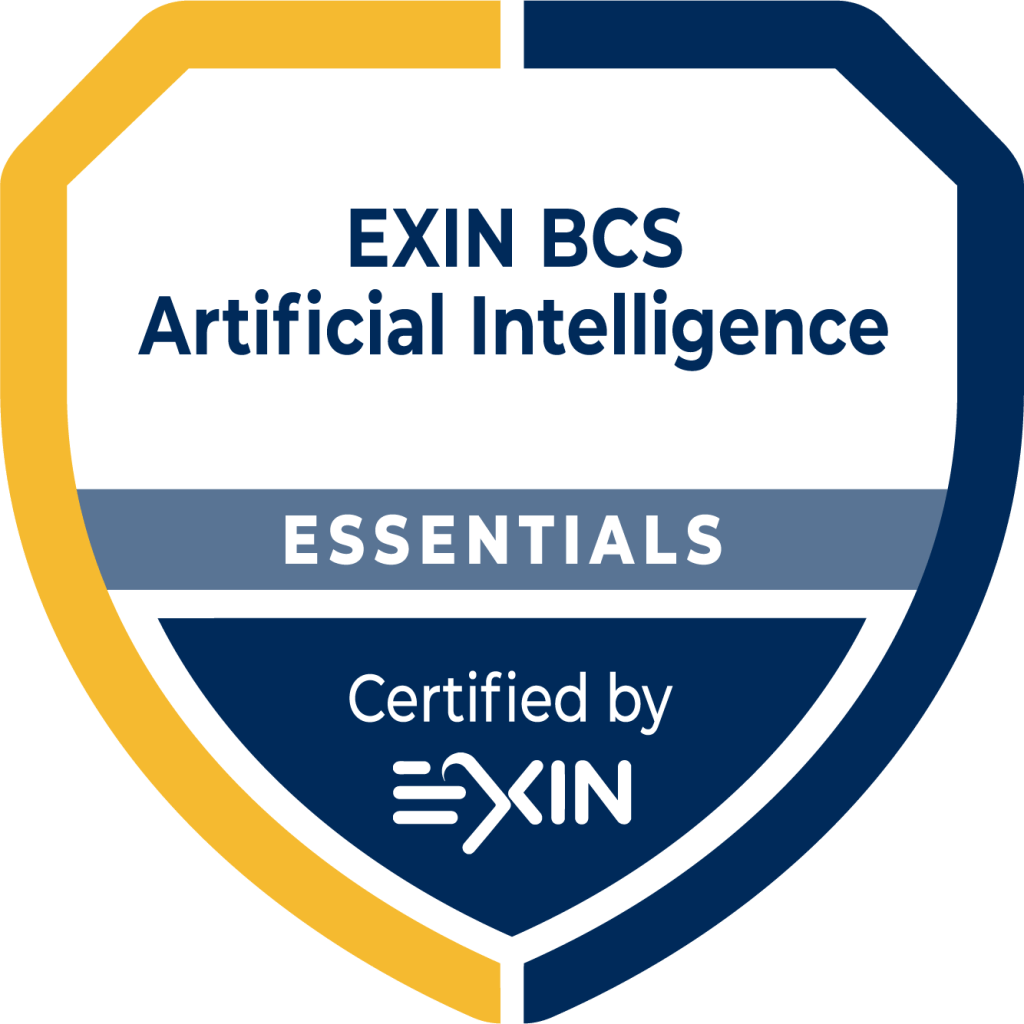
AI Tools and Frameworks
TensorFlow
TensorFlow is an open-source machine learning framework developed by Google. It provides a comprehensive ecosystem for building and deploying machine learning models, including support for deep learning, natural language processing, and computer vision. TensorFlow is widely used in academia and industry, and its flexibility and scalability make it a powerful tool for AI development.
PyTorch
PyTorch is an open-source deep learning framework developed by Facebook’s AI Research lab. It offers a dynamic computational graph, making it more intuitive and user-friendly for researchers and developers. PyTorch is known for its flexibility, allowing users to experiment with complex neural networks and optimize them efficiently. It has gained popularity in the deep learning community due to its simplicity and ease of use.
scikit-learn
scikit-learn is a popular Python library for machine learning. It provides a wide range of algorithms for tasks such as classification, regression, clustering, and dimensionality reduction. scikit-learn is known for its simplicity and ease of use, making it an excellent choice for beginners and experts alike. It also provides tools for data preprocessing, model evaluation, and model deployment.
Keras
Keras is a user-friendly deep learning library that runs on top of TensorFlow or Theano. It provides a high-level API for building and training deep learning models, hiding the complexities of low-level operations. Keras simplifies the development process, allowing users to rapidly prototype and experiment with different architectures. It is widely used for tasks such as image classification, natural language processing, and sequential data analysis.
Microsoft Cognitive Toolkit
The Microsoft Cognitive Toolkit (formerly CNTK) is a deep learning framework developed by Microsoft. It provides an efficient and scalable platform for building deep learning models. The toolkit supports multiple programming languages and provides high-performance computing capabilities. It is used in various applications, including speech recognition, image processing, and natural language understanding.
AI Resources for Learning
Online Courses
There are numerous online courses available for learning AI concepts and technologies. Platforms like Coursera, edX, and Udacity offer comprehensive courses on machine learning, deep learning, and AI. These courses provide a combination of theory and practical applications, allowing learners to gain hands-on experience in building AI models.
Books
Several books provide in-depth knowledge of AI concepts, algorithms, and applications. Some recommended books for beginners include “Artificial Intelligence: A Modern Approach” by Stuart Russell and Peter Norvig, “Deep Learning” by Ian Goodfellow, Yoshua Bengio, and Aaron Courville, and “Machine Learning Yearning” by Andrew Ng. These books cover a wide range of topics and are suitable for individuals with varying levels of expertise.
Blogs and Websites
Many AI experts and organizations maintain blogs and websites dedicated to sharing insights, tutorials, and the latest developments in the field of AI. Websites like Towards Data Science, Medium, AI Weekly, and AI Trends provide valuable articles, tutorials, and industry news. Subscribing to newsletters and following influential AI blogs is an excellent way to stay updated with the rapidly evolving AI landscape.
AI Podcasts
Podcasts offer another engaging medium to learn about AI. There are several podcasts focused on AI-related topics, including “Data Skeptic” hosted by Kyle Polich, “Artificial Intelligence in Industry” by Daniel Faggella, and “The AI Alignment Podcast” by MIT’s Center for Brains, Minds, and Machines. These podcasts feature interviews with AI experts, discussions on AI applications, and insights into the future of AI.
AI Communities and Forums
Joining AI communities and forums provides an opportunity to connect with experts and fellow enthusiasts, ask questions, and engage in discussions. Platforms like Kaggle, Reddit’s r/MachineLearning, and AI Stack Exchange host vibrant communities where members share insights, contribute to projects, and learn from each other. These communities are valuable resources for networking, knowledge exchange, and staying up to date with the latest AI trends.
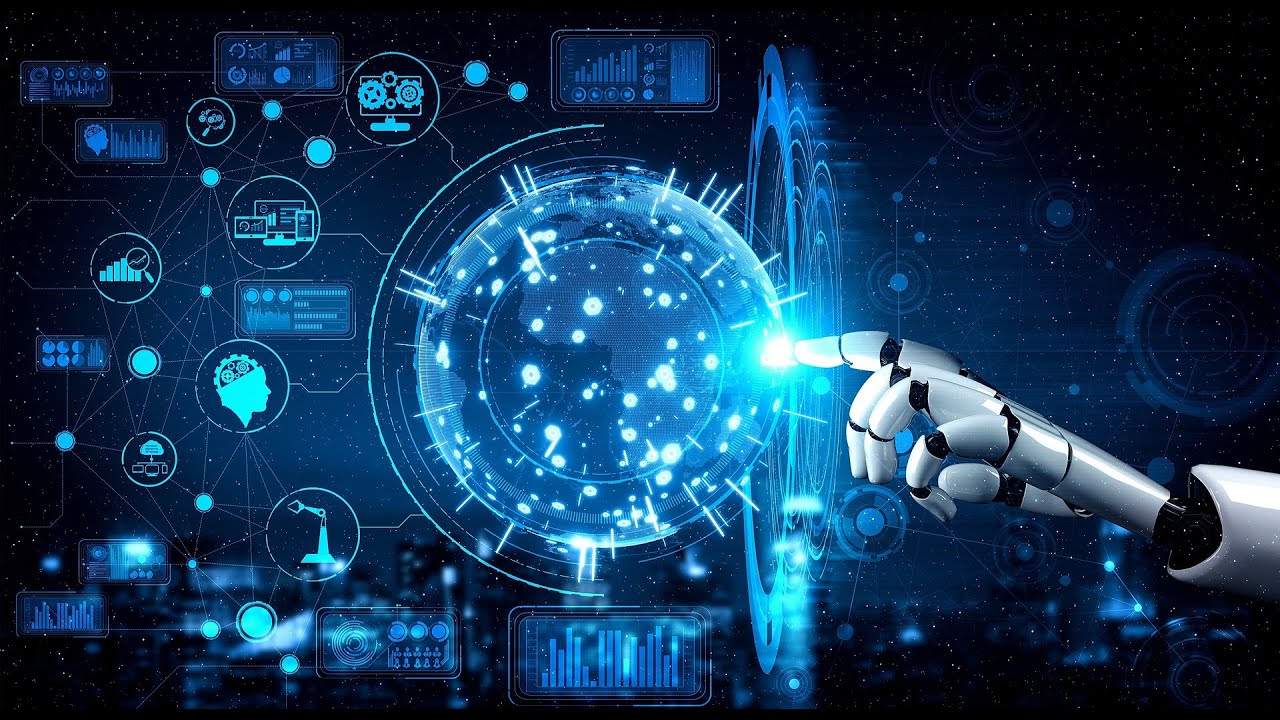
Challenges and Limitations of AI
Lack of Real-world Understanding
One of the major challenges in AI is the lack of real-world understanding. While AI systems excel at narrow tasks, they often struggle to comprehend context, ambiguity, and common-sense reasoning. Developing AI systems with human-like understanding remains a fundamental challenge, as it requires capturing the complexities of human perception, intuition, and logical reasoning.
Data Quality and Bias
AI models heavily rely on data for training and decision-making, making data quality a critical factor. Biased or incomplete data can lead to biased or inaccurate AI predictions and decisions. Ensuring high-quality, diverse, and representative data is a challenge in itself. Efforts are being made to address bias in data collection, algorithm design, and model evaluation to mitigate the impact of bias in AI systems.
Ethical Considerations
The ethical implications of AI deployment raise important considerations. AI systems must be designed and used in ways that respect privacy, fairness, and human rights. Decisions made by AI systems should align with societal norms and values. Striking the right balance between autonomy and accountability in AI systems is essential to ensure responsible and ethical AI development and deployment.
Technological Limitations
Despite the rapid advancements in AI, there are still certain technological limitations that need to be overcome. AI models often require substantial computing resources, making them computationally expensive and energy-intensive. Combating these limitations requires innovative approaches, such as developing more efficient algorithms, enhancing hardware capabilities, and exploring alternative computing architectures.
Unforeseen Consequences
The deployment of AI systems can have unintended consequences. As AI becomes increasingly integrated into society, there is a need to anticipate and proactively address potential social, economic, and cultural impacts. Ensuring that AI benefits are distributed equitably, minimizing unintended biases, and fostering public trust are ongoing challenges that require careful consideration and continuous monitoring.
Future of AI
Advancements in AI Research
The future of AI holds exciting possibilities. Ongoing advancements in AI research will continue to push the boundaries of what machines can achieve. Areas such as explainable AI, lifelong learning, and transfer learning are receiving significant attention. Deep learning architectures and models are likely to become more powerful and efficient, leading to breakthroughs in areas like computer vision, natural language understanding, and robotics.
AI in Healthcare
AI has the potential to revolutionize healthcare. Intelligent systems can assist in medical diagnosis, drug discovery, personalized medicine, and remote patient monitoring. AI-powered technologies are being developed to enable early disease detection, optimize treatment plans, and improve patient outcomes. The use of AI in healthcare has the potential to enhance accessibility, efficiency, and quality of care.
AI in Transportation
The transportation industry is set to experience significant transformations with AI. Autonomous vehicles powered by AI are being developed to improve road safety, reduce congestion, and enhance transportation efficiency. AI models can analyze traffic patterns, optimize routing, and improve the overall passenger experience. AI-based solutions for logistics management, predictive maintenance, and route optimization are expected to drive innovations in the transportation sector.
Ethical and Regulatory Frameworks
As AI continues to advance and become more integrated into society, there is an increasing need for robust ethical and regulatory frameworks. Governments and organizations are working on developing regulations that address privacy concerns, accountability, bias, and transparency in AI systems. Striking the right balance between innovation and responsible AI deployment is crucial to ensure that AI benefits society while minimizing potential risks.
Societal Impact
AI will continue to shape our society in profound ways. As AI technologies become more prevalent, they will impact various aspects of our lives, from employment and education to healthcare and entertainment. It is essential to foster public understanding, engagement, and democratic discussions on the ethical, social, and economic implications of AI. The development of inclusive policies and collaboration between stakeholders will help navigate the challenges and maximize the benefits of AI for society as a whole.
In conclusion, AI has become an integral part of our lives, enabling machines to perform complex tasks that were once exclusive to human intelligence. The field of AI encompasses various techniques, from machine learning and deep learning to natural language processing and computer vision. AI applications have permeated everyday life, providing virtual assistants, personalized recommendations, and automated customer support. However, the ethical considerations, challenges, and limitations surrounding AI must be addressed to ensure responsible and beneficial deployment. Exciting advancements in AI research, coupled with its potential in healthcare, transportation, and beyond, promise a future where AI enhances various sectors and shapes our society positively.
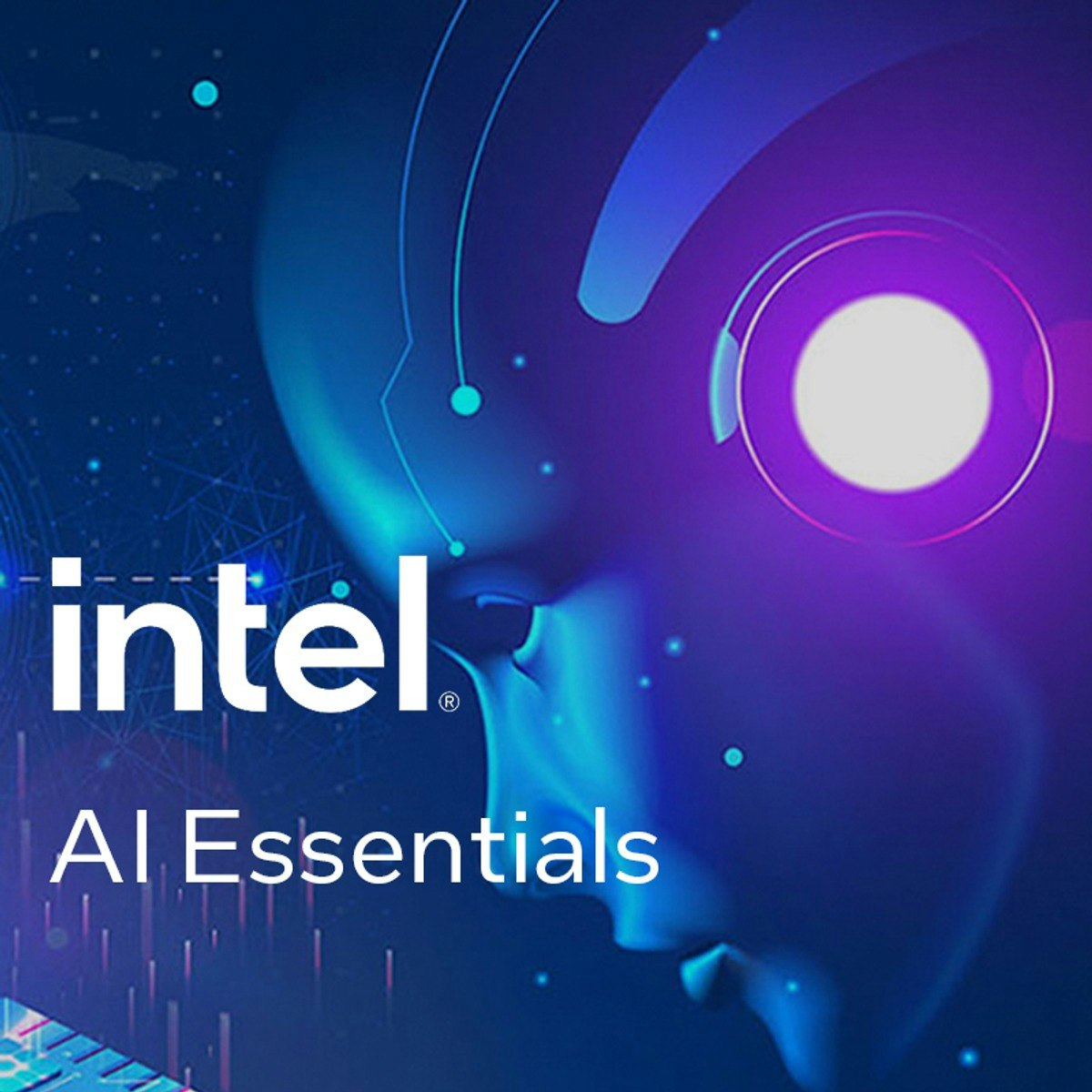






Leave a Reply